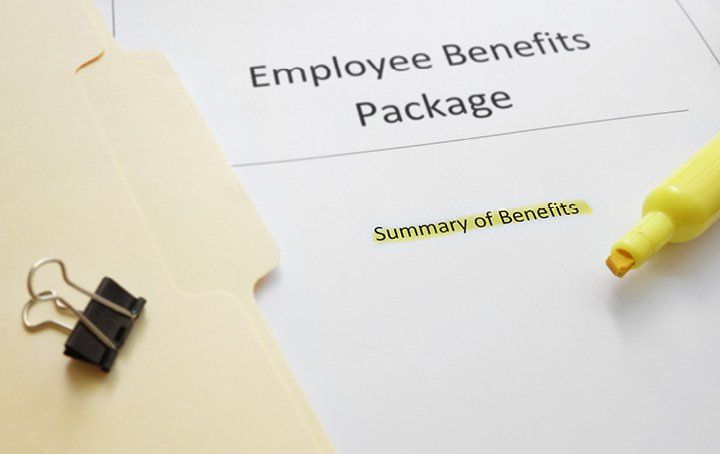FBT 2025: Does FBT apply to your contractors?

The Fringe Benefits Tax (FBT) year ends on 31 March 2025. We’ve outlined the hot spots for employers and employees.
Does FBT apply to your contractors?
The FBT rules tend to apply when benefits are provided to employees and certain office holders, such as directors. FBT should not apply when benefits are provided to genuine independent contractors but, you need to be sure that your contractors are in fact contractors.
Are your contractors really contractors?
Following two landmark decisions handed down by the High Court, the ATO has now finalised a ruling TR 2023/4 that helps determine whether a worker is an employee or an independent contractor.
If the parties have entered into a written contract, then you need to focus on the terms of that contract to establish the nature of the relationship (rather than looking at the conduct of the parties). However, merely labelling a worker as an independent contractor doesn’t necessarily mean that they won’t be treated as an employee if the terms of the contract suggest that the parties have entered into an employment relationship.
The ATO has also issued PCG 2023/2 that sets out four risk categories. Arrangements will tend to be viewed in a more favourable light where:
• There is evidence to show that you and the worker have agreed on the classification;
• There is a comprehensive written agreement that governs the relationship;
• There is evidence that you and the worker understand the consequences of the classification;
• The performance of the arrangement hasn’t deviated significantly from the terms of the contract;
• Specific advice has been sought confirming that the classification is correct; and
• Tax, superannuation, and reporting obligations have been met when the worker is classified as an employee or independent contractor (whichever relevant).
If your business employs contractors, you should have a process in place to ensure the correct classification of the arrangements and to determine the ATO’s risk rating. These arrangements should also be reviewed over time.
Even when a worker is a genuine independent contractor, just remember that this doesn’t necessarily mean that the business won’t have at least some employment-like obligations to meet. For example, some contractors are deemed to be employees for superannuation guarantee and payroll tax purposes.
Need Help with your Business, Bookkeeping, Tax or SMSF requirements?
If you would like a little help, please get in touch with us for assistance. We can help with your business, bookkeeping, tax and SMSF requirements.
Please also note that many of the comments in this publication are general in nature and anyone intending to apply the information to practical circumstances should seek professional advice to independently verify their interpretation and the information’s applicability to their particular circumstances. Should you have any further questions, please get in touch with us for assistance with your SMSF, business, bookkeeping and tax requirements. All rights reserved. Brought to you by RGA Business and Tax Accountants. Liability Limited by a scheme approved under Professional Standards Legislation.















